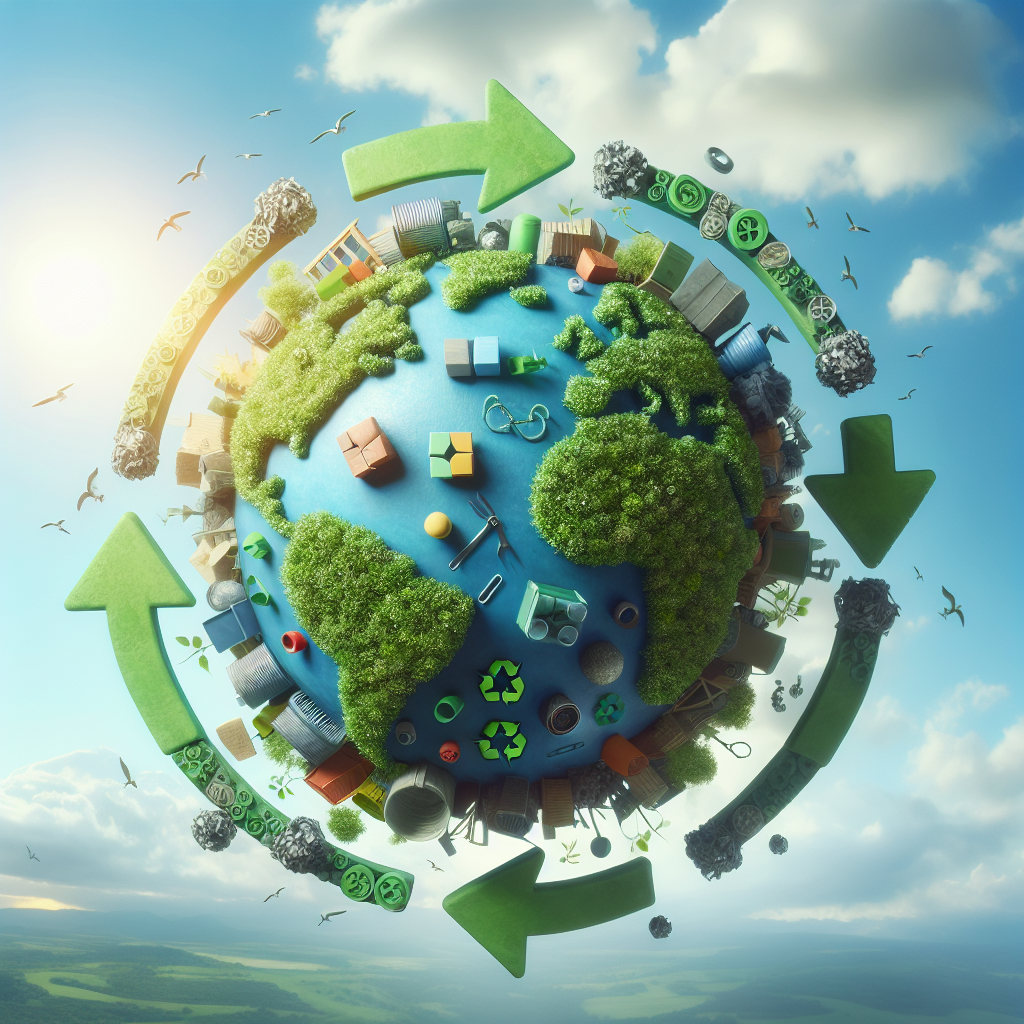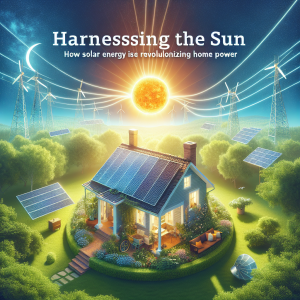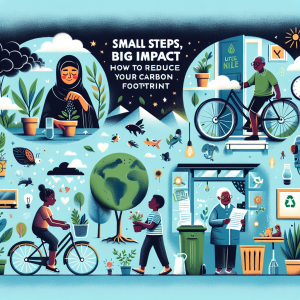Introduction
The concept of the circular economy is revolutionizing the way we think about materials, waste, and sustainability. Unlike the traditional linear economy, which typically follows a ‘take, make, dispose’ model, the circular economy aims to minimize waste and make the most of our resources. Recycling plays a crucial role in this model, helping to conserve resources, reduce pollution, and foster a more sustainable future.
Understanding the Circular Economy
The circular economy is built on several core principles:
-
- Design for Longevity: Products are designed to last longer, be repaired, and be reused.
-
- Resource Recovery: Waste is viewed as a resource. When a product reaches the end of its life, its materials can be recovered and reintegrated into the economy.
-
- Closed-Loop Systems: Emphasizing the cycle of production and consumption, ensuring that whatever is produced can be returned to the economy as a resource.
The Role of Recycling
Recycling is one of the most effective ways to embed circular economy principles into practice. Here’s how recycling contributes to a sustainable future:
-
- Conserves Resources: Recycling reduces the need for raw materials, thereby conserving natural resources such as timber, water, and minerals.
-
- Reduces Energy Consumption: Producing new products from recycled materials often requires less energy compared to using virgin materials, which helps to decrease greenhouse gas emissions.
-
- Minimizes Landfill Waste: By recycling, we can significantly reduce the amount of waste that ends up in landfills, contributing to a cleaner and healthier environment.
Challenges in Recycling
While recycling offers many benefits, several challenges hinder its effectiveness, including:
-
- Consumer Awareness: Many people are unaware of how to recycle properly, leading to contamination of recyclables.
-
- Infrastructure: Not all regions have the necessary infrastructure to support efficient recycling processes.
-
- Market Demand: The demand for recycled materials can fluctuate, impacting the economics of recycling programs.
The Future of Recycling in a Circular Economy
As we move toward a more circular economy, the future of recycling looks promising. Innovations in technology and changes in consumer behavior are paving the way for more efficient recycling processes. For instance:
-
- Advanced Sorting Technologies: New sorting technologies can help reduce contamination and improve the quality of recycled materials.
-
- Policy Support: Governments are beginning to implement regulations and incentives to promote recycling and sustainable practices.
Conclusion
The circular economy represents a transformative shift in our approach to production and consumption. Recycling is at the heart of this movement, helping to conserve resources, reduce waste, and create a sustainable future. By embracing recycling and supporting circular economy practices, we can work together to protect our planet for future generations.




